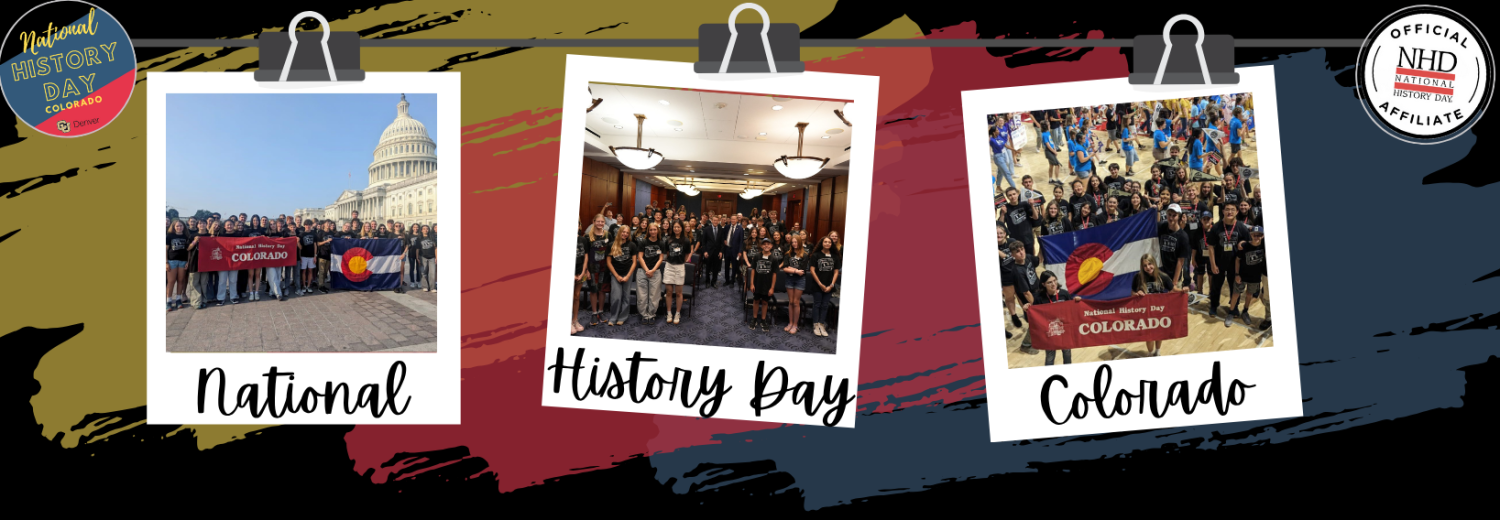The internet is a valuable research tool and an increasingly important source of both primary and secondary source information available for students to use when developing their History Day projects. Unlike more traditional print sources, however, virtually unlimited access to the internet means that students are confronted with a dizzying amount of information at their fingertips, information that may or may not be reliable. The possibility of being led astray by partisan or biased web-page authors or unintentionally misusing unreliable information found on the internet has become a concern for students, teachers, and History Day judges.
National History Day in Colorado has constructed this guide in order to assist you, students and teachers, in using the internet as a source of information for Colorado History Day projects. The information that you will find on this web page is not the last word on the use of the internet for History Day projects, but should provide a useful and handy guide on how to evaluate web pages as sources and how to properly integrate information found on web pages into your History Day projects.
If you find useful sites that are not on our list, let us know and we'll add it. If one of the links on the list has expired or does not work, make sure to let us know so we can remove it.
Evaluating Internet Sites
Many history web sites are relatively objective pages covering their subject matter in an evenhanded and professional manner. Other web sites are quite biased and present rather extreme views of the past. Some web sites are shameless attempts at convincing you to buy something. Others are thinly veiled attempts at self-promotion on the part of the author. In order to successfully use the internet as a source for your Colorado History Day project you must be prepared to think critically about the kinds of information you will find out there on the Internet. As many of you already know, just because the information can be found on the Internet does not automatically mean that it is true! Some of the criteria for evaluating a history web site include, but certainly are not limited to the following.
Criteria for Evaluating a Web Site
Author
Is it clear who authored the page, does the author indicate an institutional affiliation or sponsor? Is the author a qualified historian or museum curator, or a student putting his or her term paper on the internet?
Bias
Does the author or sponsor of the site indicate that it may be biased? For example, is the environmental history site you are looking at sponsored by Shell Oil Company or the Nature Conservancy?
Citations
Does the author of the page cite the sources that were drawn upon for the information included on the page? If not, strongly consider not using this site.
Dates
As with printed sources, sometimes more recently published books are more authoritative and represent the most up-to-date scholarship. Does the author of the web page note the dates it has been revised or updated? Does the web page represent the most current scholarship on the given subject?
Reviews
Has this site been reviewed by a teacher, a school, or some other type of institution or agency for accuracy and truthfulness? For more information on library research in general or evaluating web sites specifically, Cornell University Library has put together a wonderful site outlining its "Seven Steps to Effective Library Research," one of which is evaluating web sites and the information found on them.

